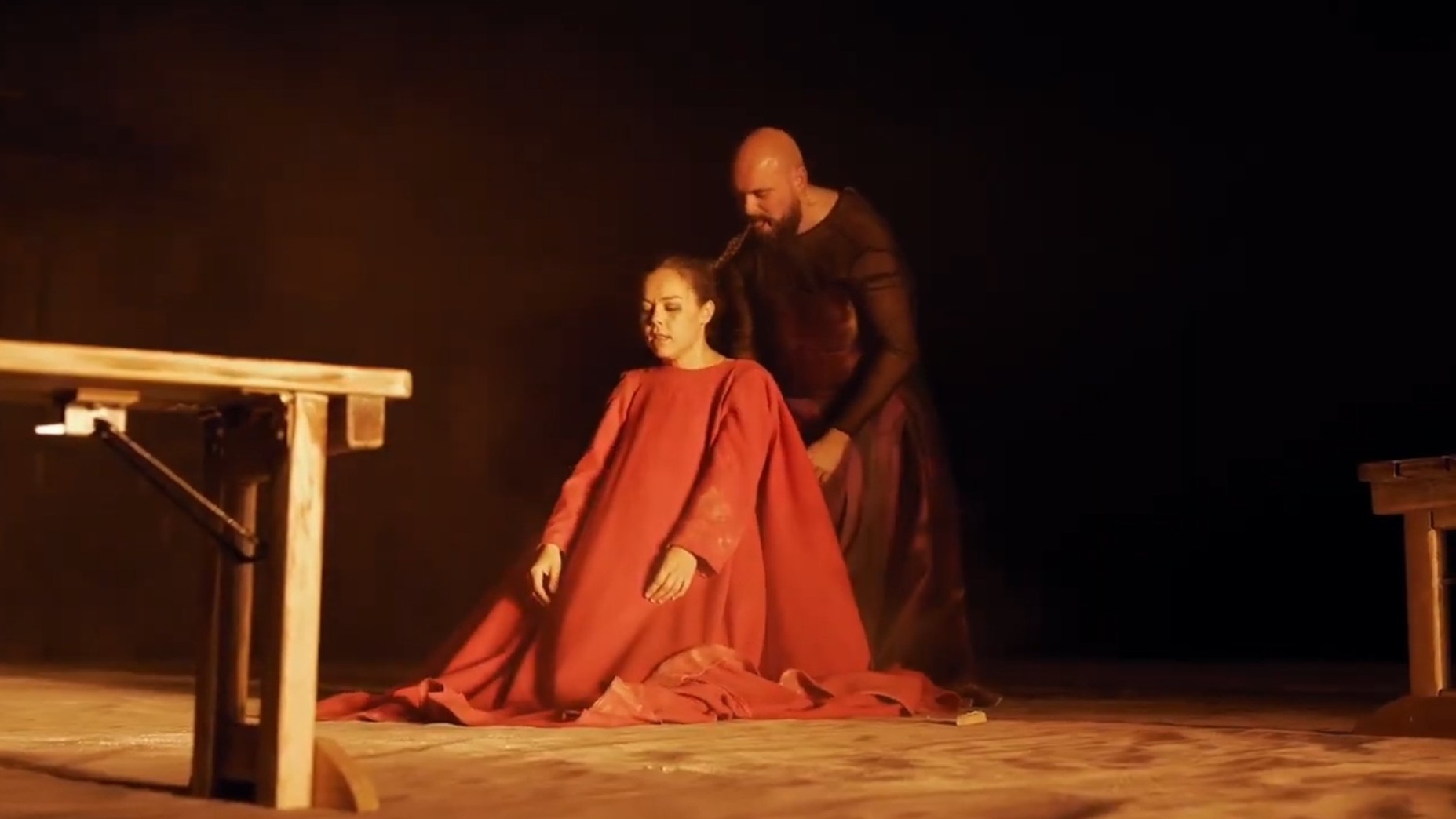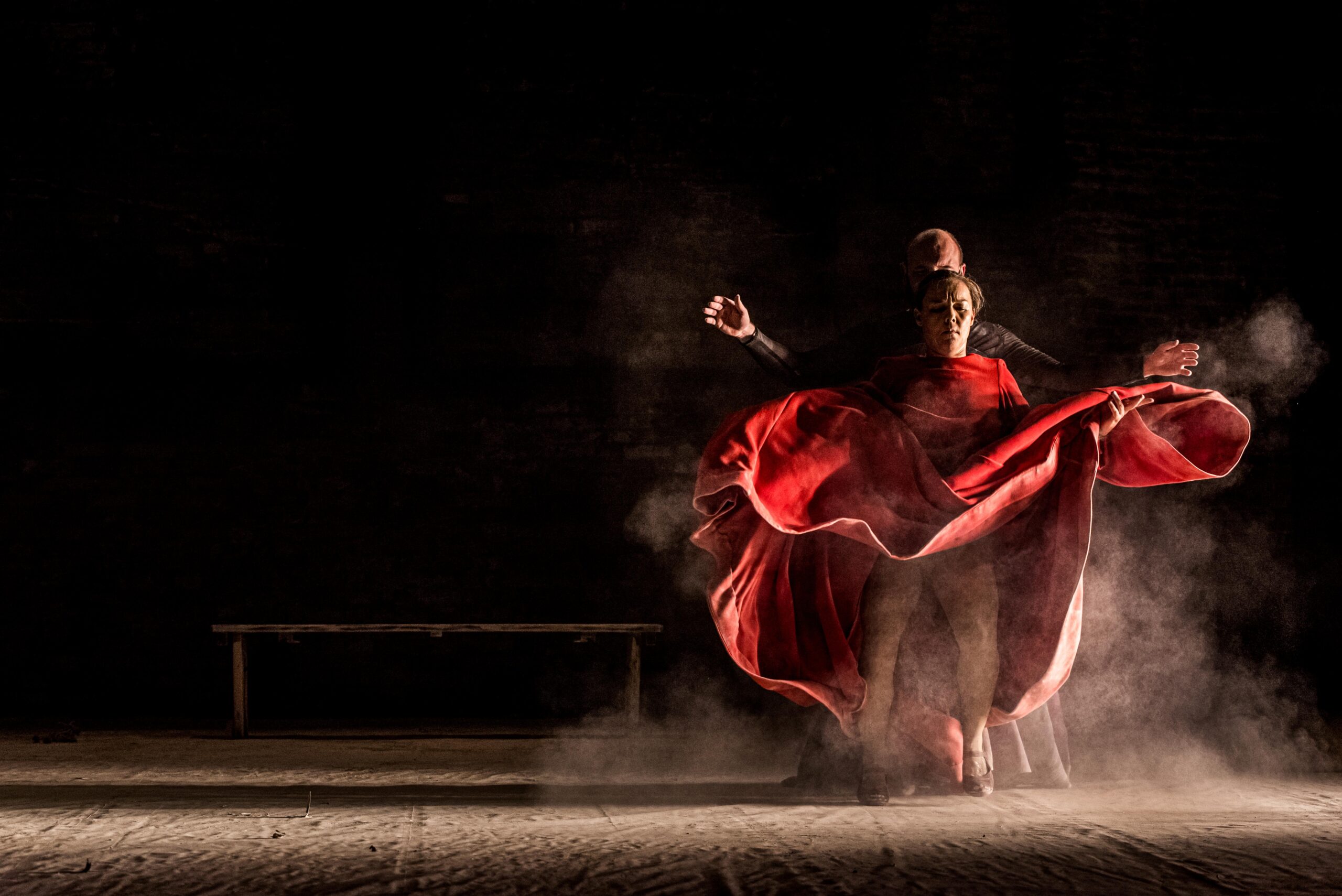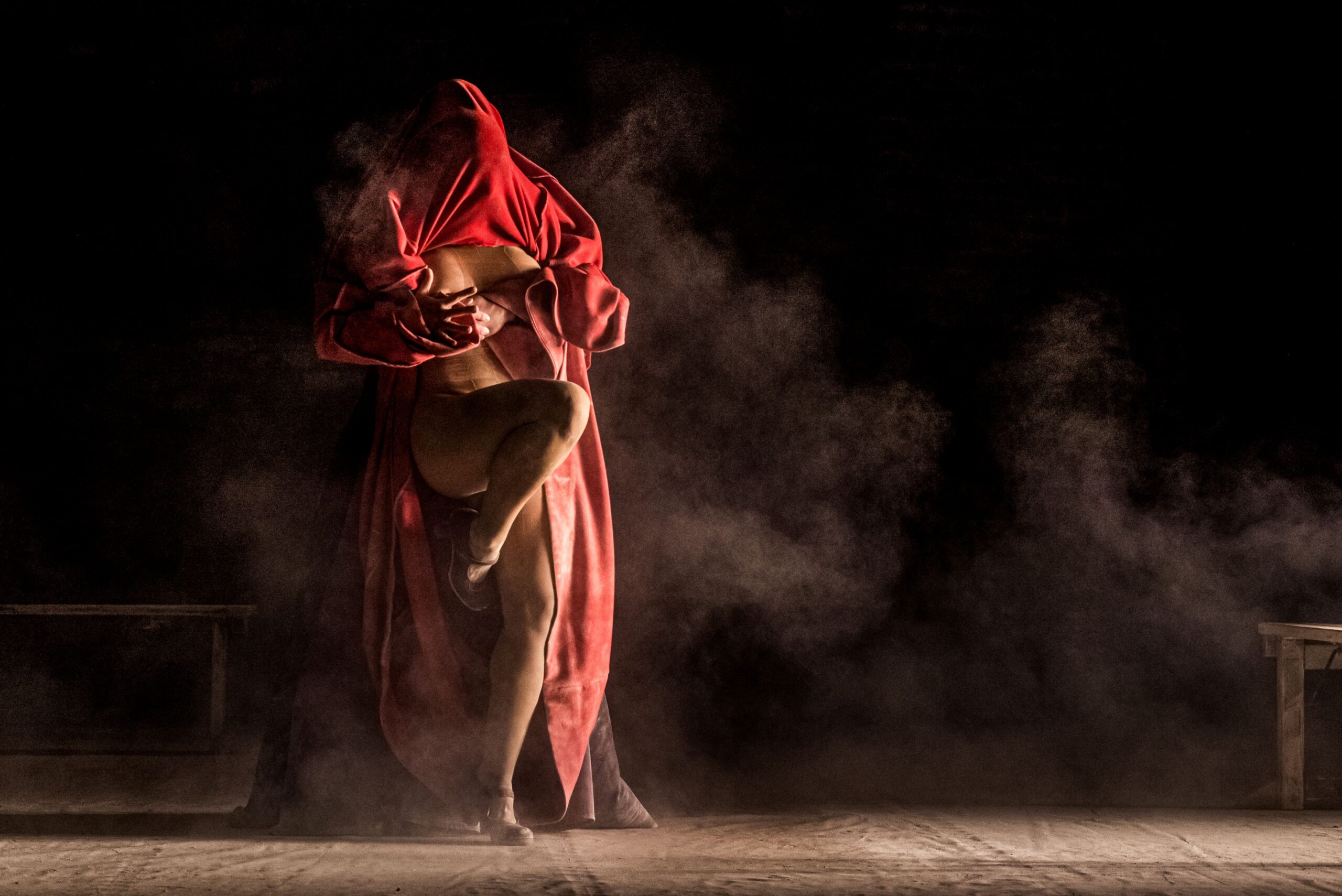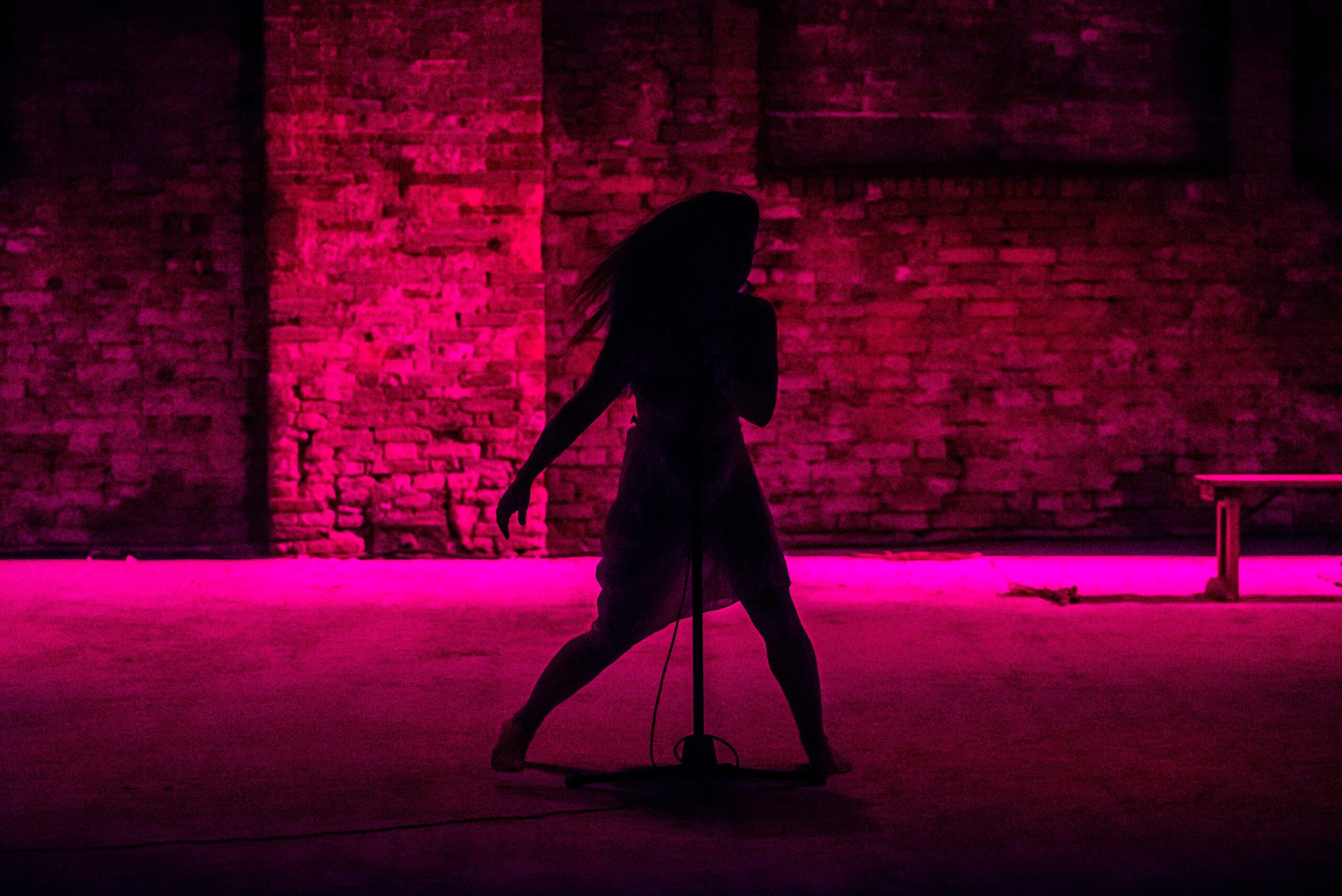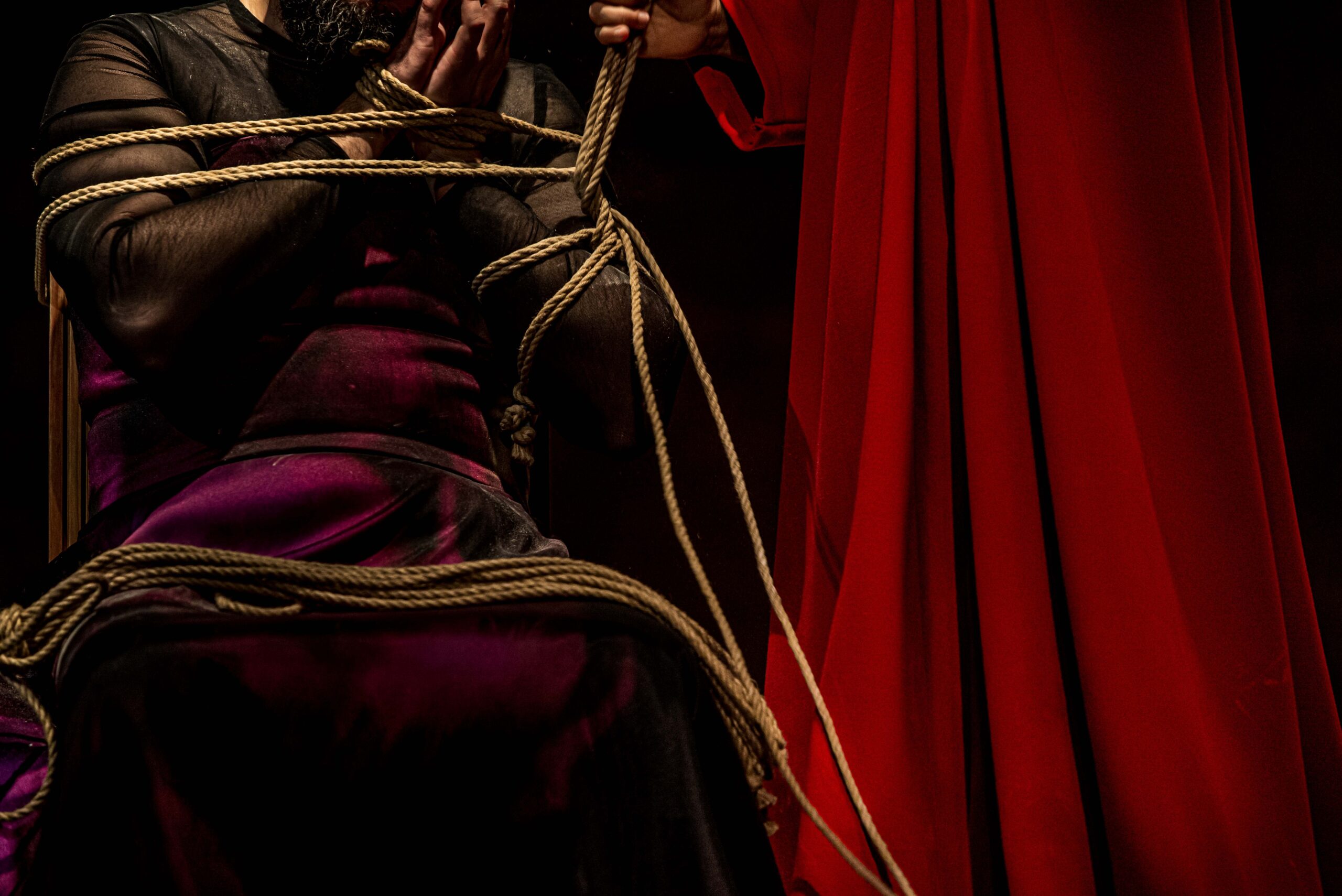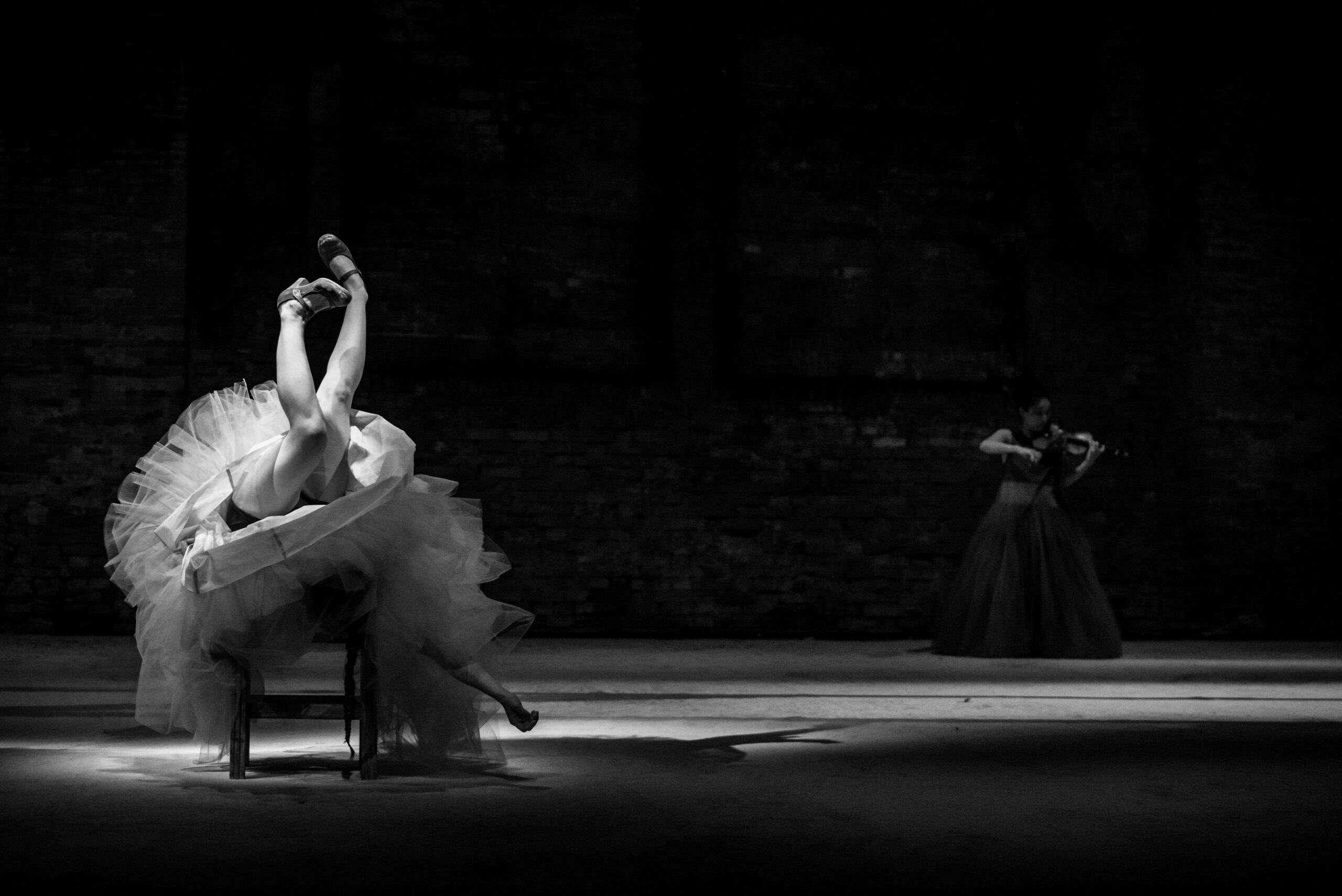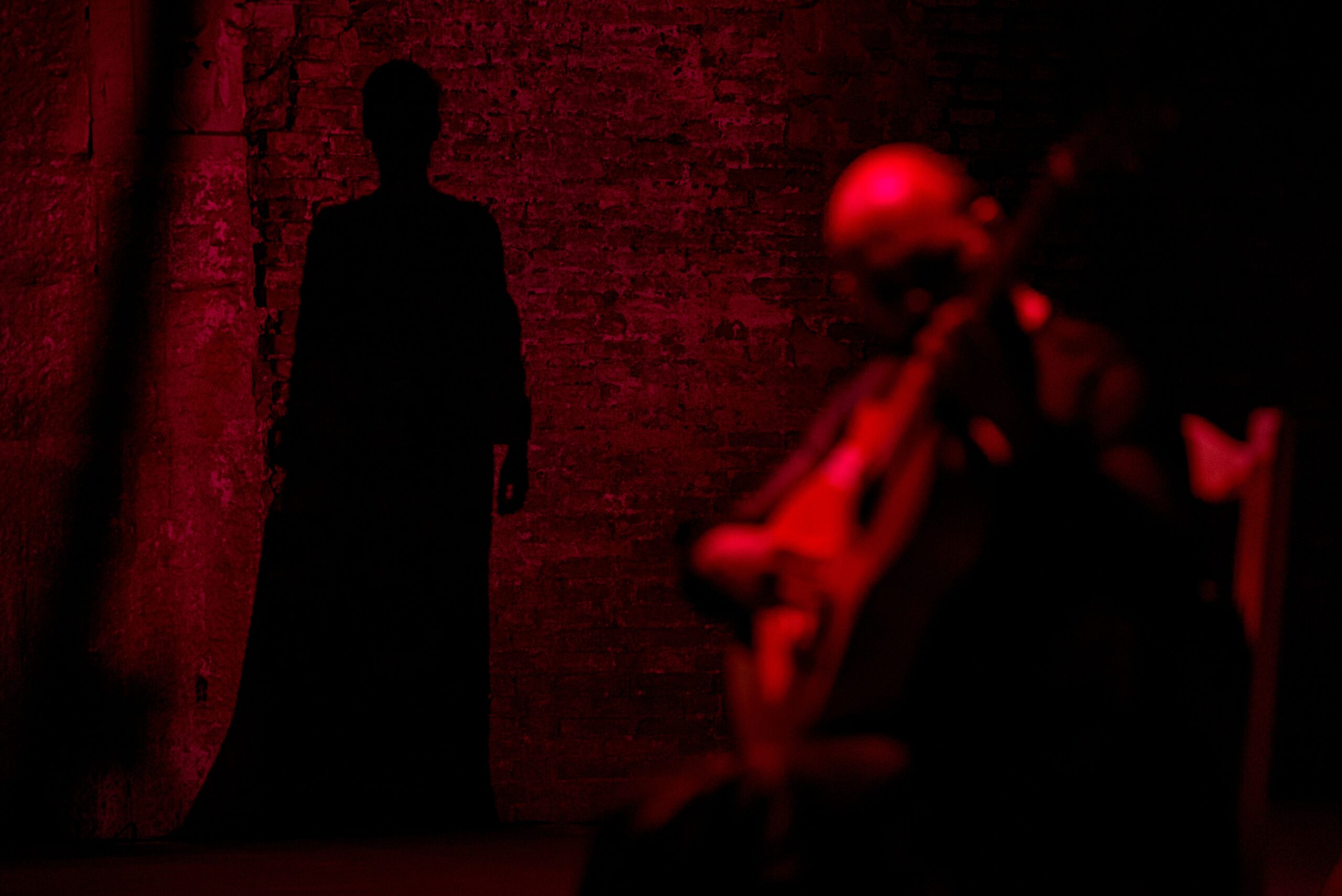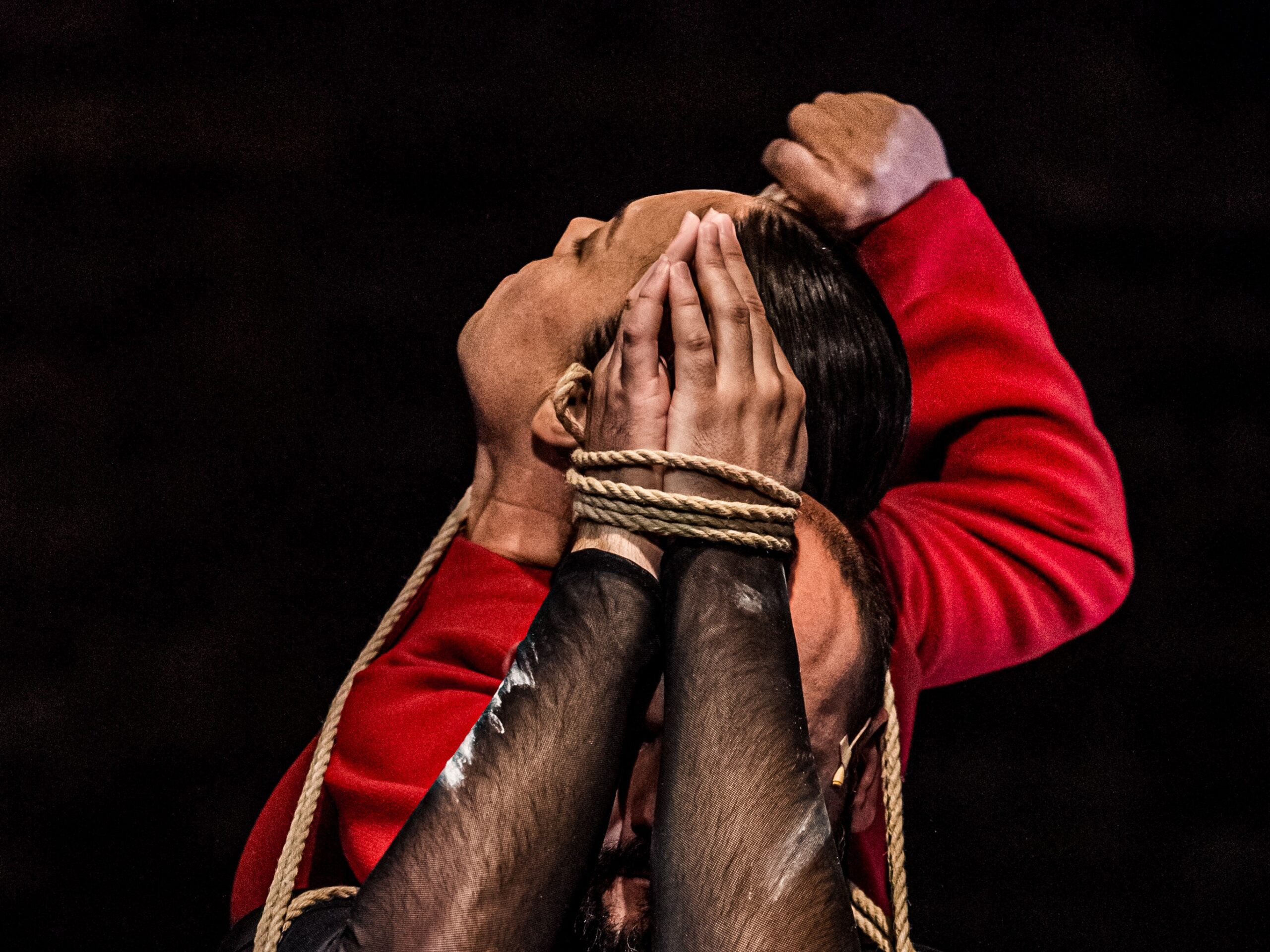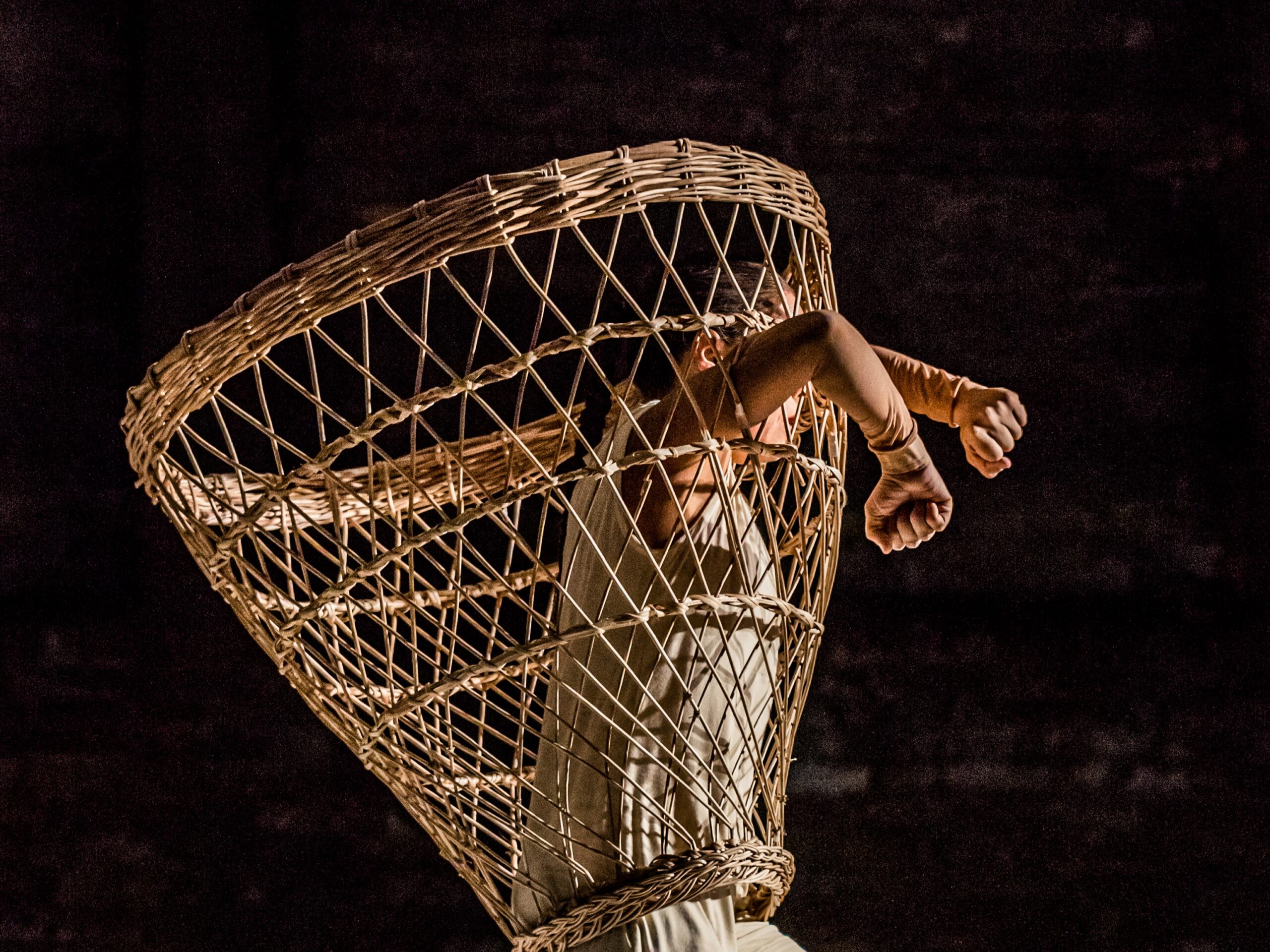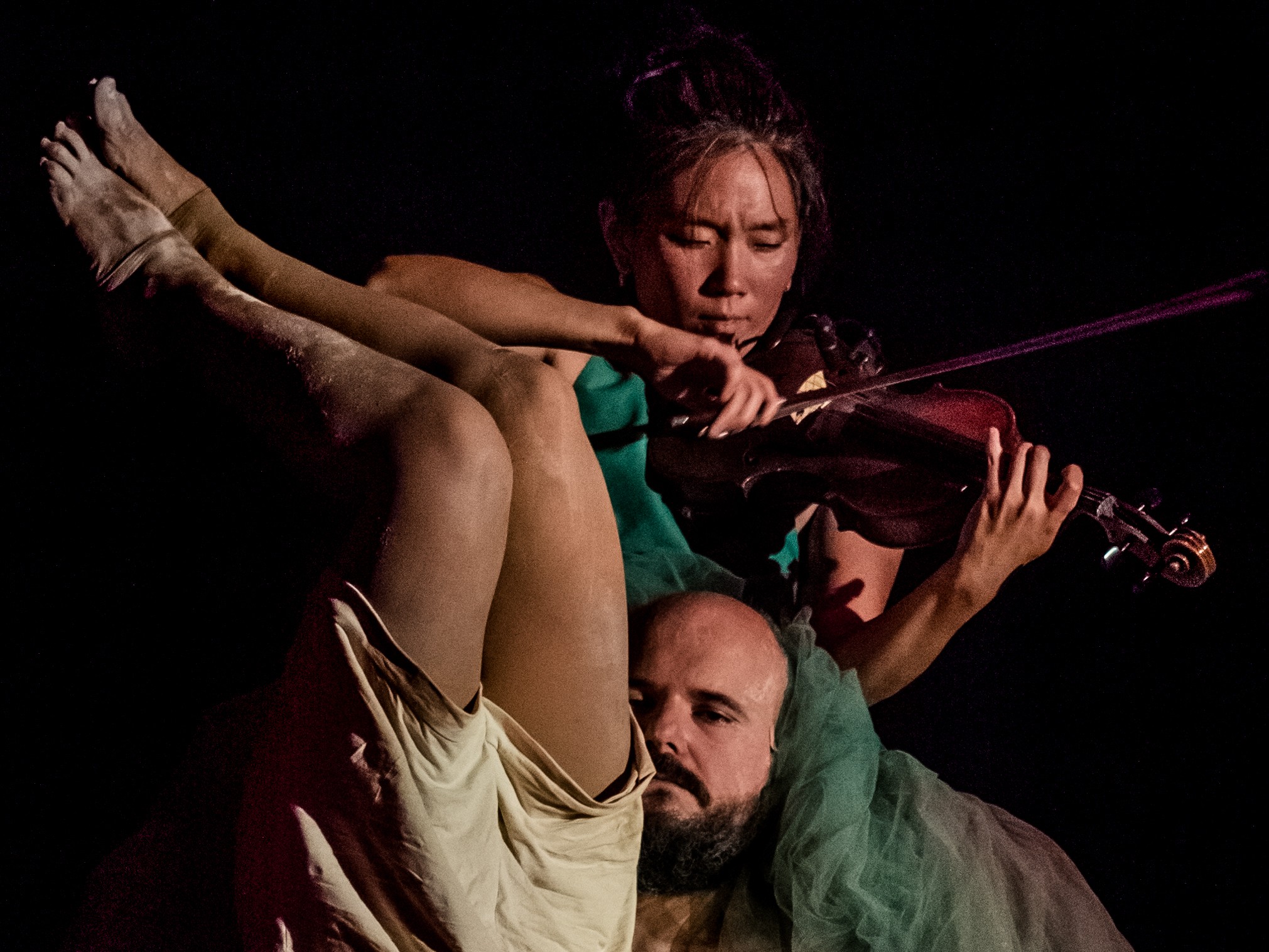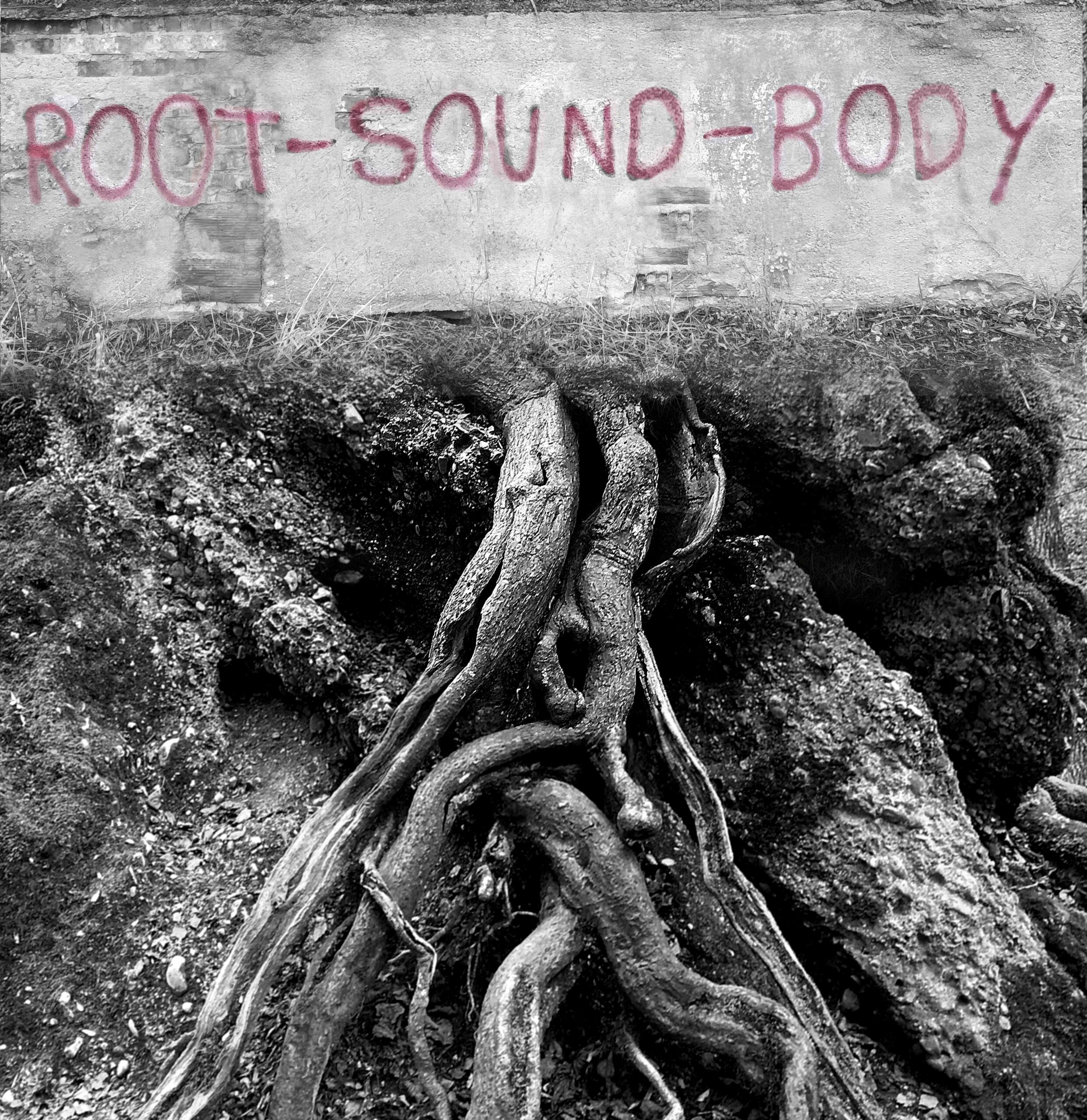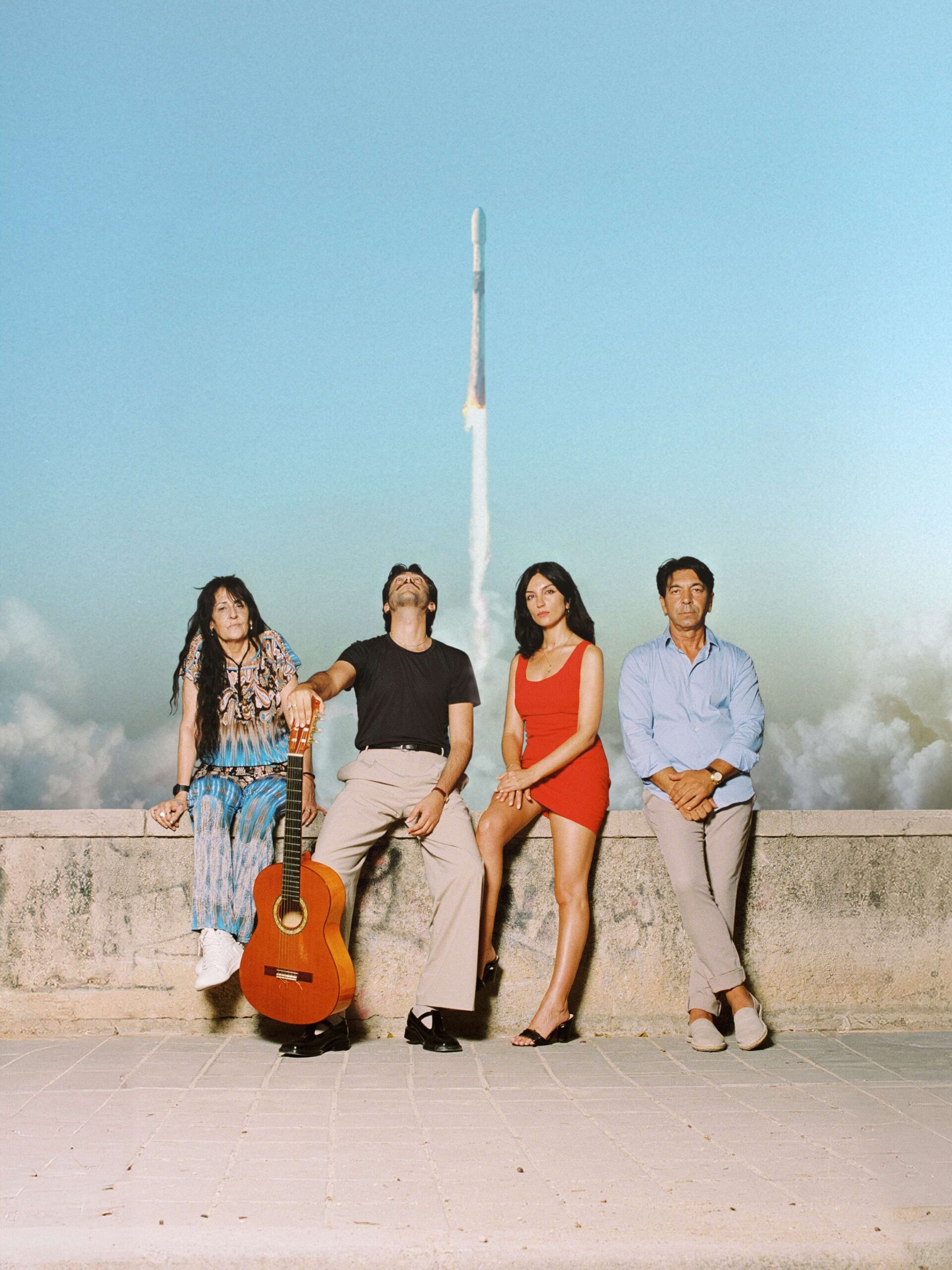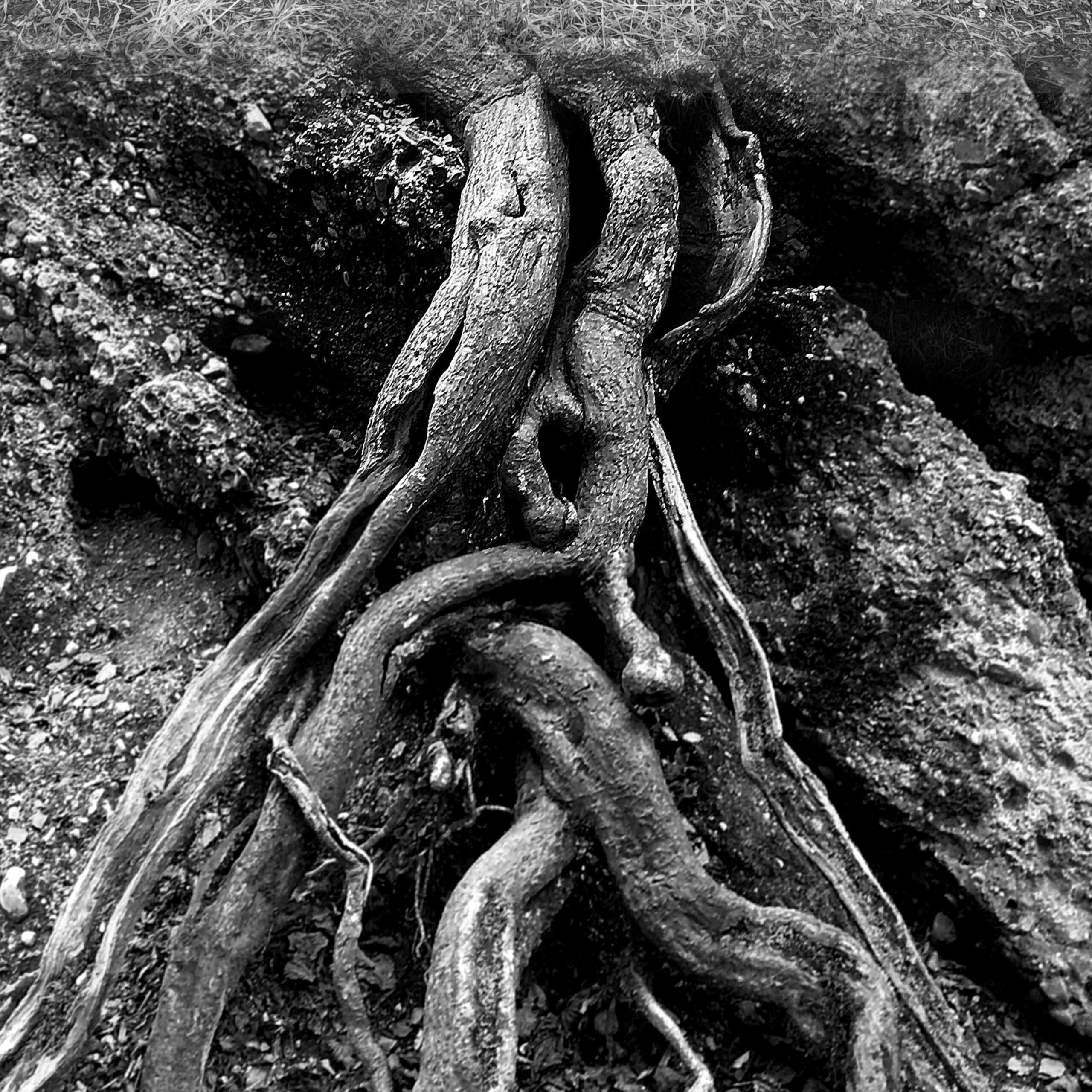Rocío Molina feat. Niño de Elche
Carnación
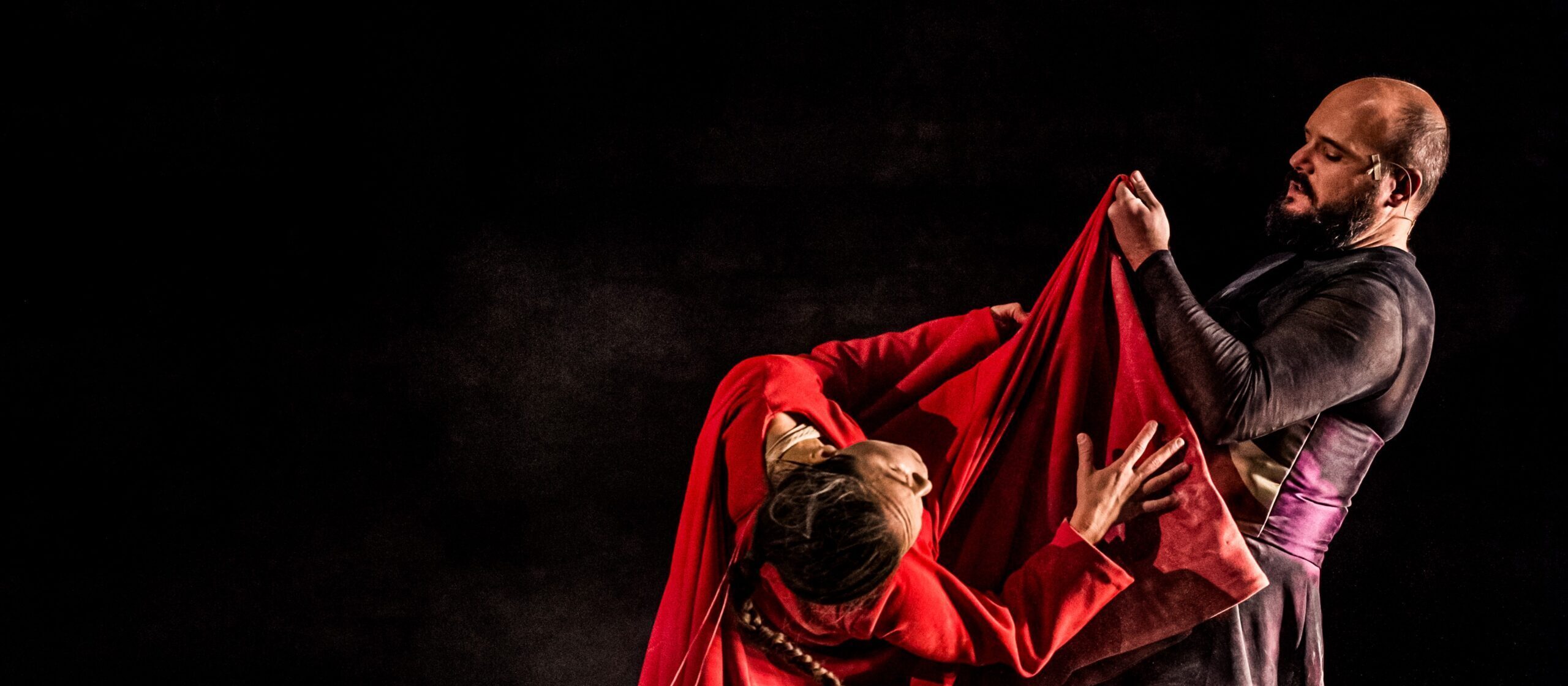
Rocío Molina is a rebel of her own kind, a dancer/choreographer at the intersection of tradition and experiment. Originally from Málaga, she has challenged herself time and again to break the codes of flamenco and defy the boundaries of the genre. Fearlessly and in a singular way, she employs her body, her femininity and her poetic imagination in search of a new flamenco aesthetic. Rocío Molina continues to astonish. The anniversary edition of the Flamenco Biënnale concludes with her latest, most radical work to date.
In Carnación, Molina ties together flamenco, religious choir music, electronic soundscapes and Shibari, the Japanese bondage technique. Her dancing body encounters the singing body of Niño de Elche, drifting along to his impulses, moving between eroticism and cruelty, remorse and frustration, domination and submission, sadness and tenderness.
Carnación (the term ‘carnation’ refers to the representation of the colour of flesh in painting) is the result of a search for the origins and the many forms of desire, both spiritual and physical—that what makes us vulnerable as humans. In this ‘resurrection of the flesh’, Molina digs deep for the essence of flamenco, which according to her mirrors the passion behind both aggression and beauty.
Molina was awarded the Silver Lion at the 2022 Venice Biennale, where Carnación had its world premiere.
Rocío Molina (1984) started dancing at the age of three and since then has never stopped. After graduating cum laude from her programme at the Royal Conservatory of Dance in Madrid, right from the start of her stormy career she shared a stage with many greats, including dancer Israel Galván, María Pagés, Belén Maya and Merché Esmeralda. The star of the young dancer from Malaga rose like a comet both inside and outside flamenco circles, above all after Mikhail Baryshnikov literally threw himself at her feet following a performance in New York. In 2010 she received the Spanish National Dance Prize for her contribution to the renewal of flamenco art.
Spanish flamenco critics are often divided, but they soon agreed on one thing: with Rocío Molina a new era has dawned in female flamenco dance. The now iconoclastic dancer/choreographer internalises the flamenco tradition in an exceptionally personal (and driven) way, with an orientation, musicality and certainty which given her age is both astonishing and moving. Every once in a while, a dancer appears with a personality, artistic will and drive that are inescapable. In an incredibly personal way, she strips the flamenco of its routines and corsets. ‘As soon as she steps on stage, the scene is transformed into a garden of flamenco poetry,’ the Spanish press wrote. In 2022 she was awarded the Silver Lion at the Venice Biennale, where she first showcased Carnación as a work in progress.
Introduction + Meet the Artist
15:00 Introduction by Annette Embrechts (in Dutch)
after the show – Meet the Artist with Annette Embrechts
